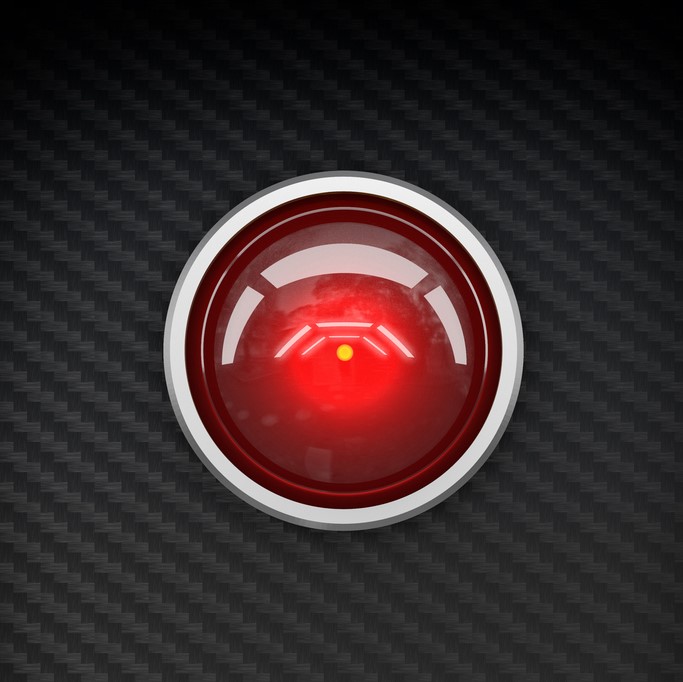Nearly half of life science professionals using AI - survey

Nearly half of life science professionals are using or experimenting with artificial intelligence (AI), according to a survey.
Findings from the surveys in two webinars involving 374 senior pharma and life science leaders at the end of 2017 showed that 44% were using or experimenting with AI in R&D.
The survey by the not-for-profit organisation, the Pistoia Alliance, gauged views on AI, machine learning (ML) and neuro-linguistic programming (NLP).
However there are a number of hurdles to its use – the most cited being technical expertise for AI (30%) and for ML/NLP (28%).
Another common stumbling block is the issue of data – respondents said that access to data (24%) and data quality (26%) were two of the biggest barriers to AI projects within their organisation.
These same issues – access to data (26%) and data quality (19%) - were cited when respondents were asked about obstacles to ML and NLP projects.
While pharma R&D generates huge volumes of data, supplemented by data from devices and sensors, access to this data and storage formats vary wildly, the Pistoia Alliance noted.
Dr Steve Arlington, president of The Pistoia Alliance, said: “AI has the potential to revolutionise life sciences and healthcare – all the way from early preclinical drug discovery to selecting precision treatments for individual patients treatments for individual patients.”
“Impediments to success, such as a lack of industry-wide standards for data format, will need to be addressed, if the potential of AI and ML is to be realised.”
Results showed use of this technology is varied. The majority (46%) of AI projects currently take place in early discovery or preclinical research phases; NLP is also employed by just under a third (30%) during early phase research.
Other applications of AI were given as development and clinical (15%), and imaging analysis (8%). More than a fifth (23%) of respondents are using ML for target prediction and repositioning, followed by biomarker discovery (13%) and patient stratification (5%).
Respondents not using AI (11%), NLP (27%), or ML (30%), were in the minority, and only 8% of respondents admitted they knew ‘next to nothing’ about AI and Deep Learning.
Nevertheless, there remains a need for greater education and knowledge sharing across life sciences before the technology to make a significant contribution.
The Pistoia Alliance is a global, not-for-profit members’ organisation made up of life science companies, technology and service providers, publishers, and academic groups working to lower barriers to innovation in life science and healthcare R&D.
It was conceived in 2007 and incorporated in 2009 by representatives of AstraZeneca, GSK, Novartis and Pfizer who met at a conference in Pistoia, Italy.
Last week, the UK’s Life Sciences tsar, Sir John Bell, said AI could halve the £2.2 billion that the NHS spends on diagnosing scans.
A new AI system devised in an NHS hospital is more accurate at diagnosing issues from heartbeat scans than cardiologists, potentially saving millions by identifying difficult-to-detect issues that could lead to heart attacks, and avoiding unnecessary operations because of false positives.












